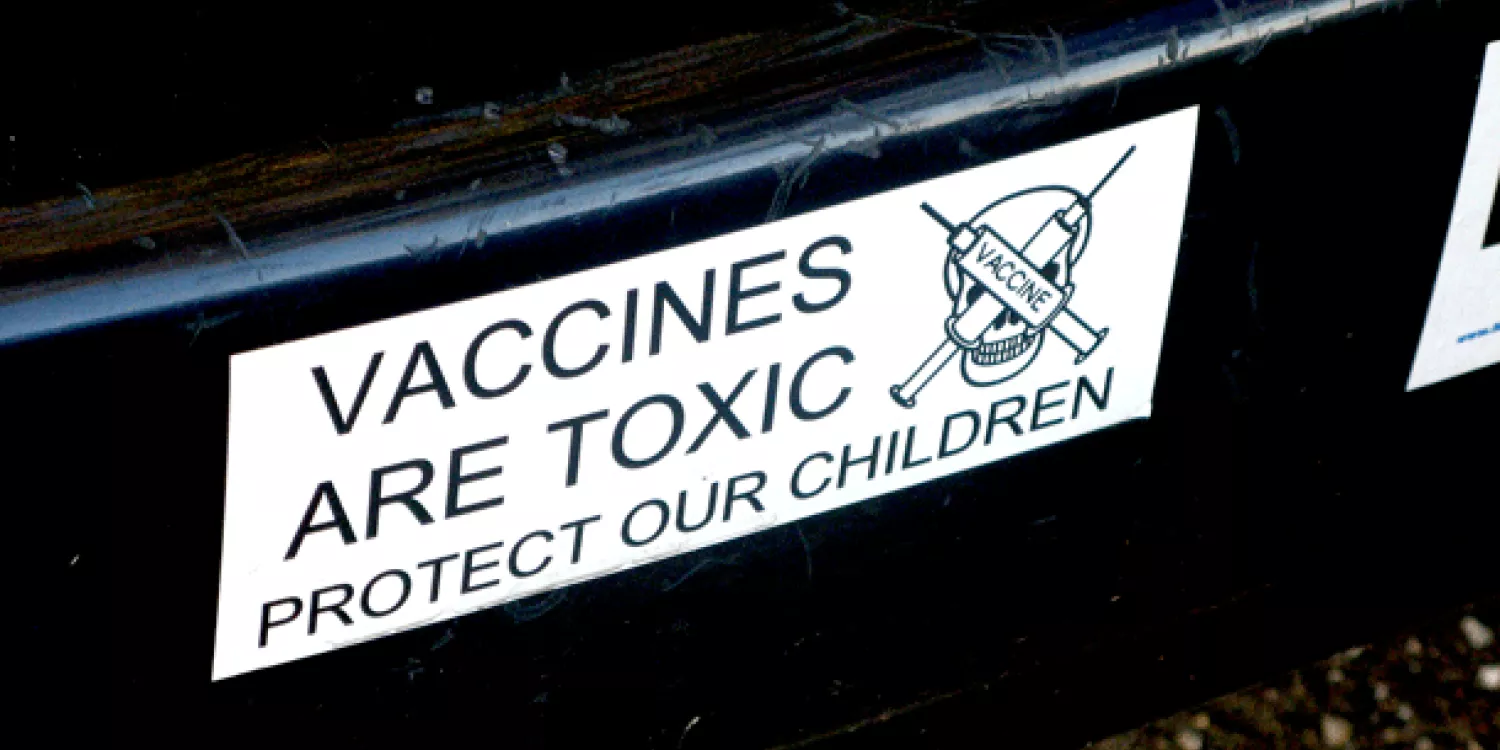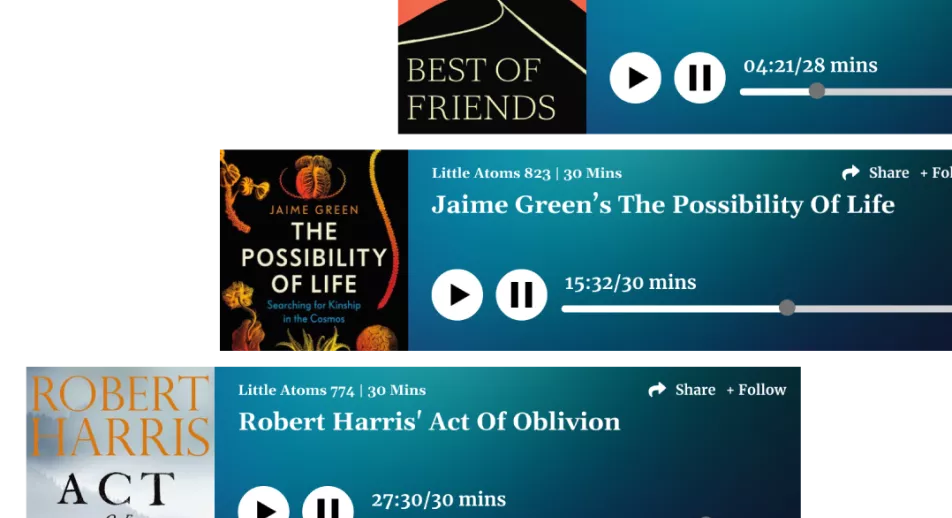The science of vaccination means nothing without trust

The myths of the anti-vaccination movement are tempting for many parents. We can’t bully them into rationality

At the turn of the century, measles had almost been eradicated in the United States. Then it came back. All but extinct by the end of the Clinton administration, measles is now back on the agenda for the 2016 vote. Outbreaks in 2011 and 2013 saw the number of cases reach record peaks at around 200.
In 2015 we’re halfway to matching them, and we’ve only just entered February. The disease is an interloper from a bygone era. The medical equivalent of a Model T Ford driving along the freeway, disrupting traffic.
Its return has nothing to do with medicine or science. Our medicines work as well as they ever did. There has been no dramatic mutation. This is no new super-strain. Like malnutrition or the "belfie", there is no good reason for measles to exist in a modern society.
There is a bad reason though: we decided to let it come back. After two generations without measles, parents grew complacent. How bad could the old relic in the cage really be? Meanwhile, another fear was more readily apparent. The fear of seeing a child stuck with a needle, mysterious chemical and biological agents injected into their flesh.
Anti-vaxxers’ libertarian origins
Others played on those fears. Some, like Andrew Wakefield, built careers propagating myths and legends about vaccines. For others, opposition to vaccination grew out of a libertarian, anti-government or anti-authoritarian stance that puts the rights and opinions of parents on a pedestal, irrespective of how right or wrong they are. Enter New Jersey Governor and potential Presidential Candidate Chris Christie, who accepts the science behind vaccines but explained, “I also understand that parents need to have some measure of choice in things as well, so that’s the balance.”
That’s why explaining the science in some ways misses the point. I’ve been writing about MMR vaccination on and off for several years now. I can explain that thiomersal, the antiseptic once erroneously linked to autism, is not actually present in modern vaccines. I could explain that formaldehyde is produced naturally by your cells, and is pumping through your blood-stream as you read this. Ultimately though, this isn’t about science or explanations – it’s an issue of trust, and of personal politics.
That’s why it’s critical that vaccination doesn’t become a partisan issue, as has happened with climate change. Already, we’ve seen signs of this, largely from liberals keen to paint Republicans as anti-science. Chris Christie’s comments this week triggered a hot wave of ridicule, which prompted others to highlight previous remarks made by Obama, in 2008, when he described the science as "inconclusive". Others on this site have pointed out that the quotes sound a lot better in context.
The climate change complex
What’s comforting about this exchange is that the argument is all about which leader is more pro-vaccine, more in tune with the science. Four years ago, Michelle Bachmann was busy linking HPV vaccinations to "mental retardation". With the GOP apparently even detoxifying its stance on climate change these days, it seems less likely we’ll see that kind of sentiment of that from any credible candidates this time around.
Meanwhile, how do we push back against parents opposed to vaccines? Simply providing more information rarely helps: parents who stop vaccinating their kids are often those who are better educated, and dedicate more time to researching medical matters on the internet. They know just enough to get themselves in trouble. Similarly, shouting at people on the internet and calling them idiots isn’t likely to help much, even if it is incredibly satisfying in the short term. Nope, the best answer is “gently".
It comes down to doctors gaining the trust of parents and speaking to them in a clear, patient way that anticipates the concerns they have. The best thing politicians and their supporters can do is support doctors, and stay the hell away from the argument.
That MMR causes autism is a seductive, Gladwellian idea. It tells curious parents that they’re ahead of the herd, heirs to a secret knowledge. It plays on our biases toward the natural and chemical. It speaks to our mistrust of big government. It takes an emotional experience for parents – putting a needle into their baby – and manipulates those feelings, hijacking them for the promotion of quacks and ideologues. Like many untruths, it’s a more compelling story than reality. Above all, it’s a reminder that all the powers of medical science mean nothing without simple human trust.
READ MORE: WHAT DID OBAMA REALLY SAY ABOUT VACCINATION?





